Will hemp save the planet?
min. reading
Our civilization has changed the image of the Earth to such an extent that scientists have distinguished a new geological epoch, which is characterized by significant human impact on the ecosystem and geological system of our Planet. The Anthropocene – for that is its name, otherwise known as the Age of Man. This is a sad period in the history of our planet characterized by the disappearance of biodiversity, that is, the extinction of many species of plants and animals, climate change, exploitation of the Earth’s deposits and environmental pollution. Some researchers argue that the current state of Planta is irreversible, while others see hope in stopping further exploitation and beginning the process of regeneration. As it turns out, hemp could play a significant role in this process, providing a solution to many of our civilization’s pressing problems.
Table of Contents
Hemp and the problem of plastic waste
Seas and oceans full of garbage, mountains of plastic waste in wastelands, landfills and even forests are a real problem. And also huge threats to biodiversity and our health. The myth that plastic completely decomposes in about 300-400 years has long been debunked. It never decomposes. Only its structure turns to dust posing a potentially even greater threat to life – becoming a microplastic that gets into the bodies of organisms. It has been found in food, drinking water and even human blood. As humankind, we should abandon the production of packaging and other plastic products from petroleum as soon as possible and find a healthier alternative. One solution is fully biodegradable and non-toxic hemp plastic. It is made from hemp cellulose, as the stalks of the plant have as much as 70% of this raw material. More and more products based on hemp bioplastic are being made in the world: cars, furniture, packaging, containers. The production process seems to be no more complicated than that of ordinary plastic, but the cultivation of hemp plants is a cheap and relatively fast method of obtaining raw material.
Hemp and deforestation
One of the main reasons for cutting down forests is the production of furniture and paper. In the furniture industry, there are already many substitutes for traditional wood, one of which is also the raw material of hemp, or more precisely, the mass of hemp plastic, which has already been used to make, for example, designer and sturdy chairs. As for paper, here, too, hemp stalks can be used for their production. Industrial hemp is a variety of the plant rich in cellulose, already the ancient Chinese produced paper from it. Today, paper production is dominated by the use of wood pulp raw material, which could be successfully replaced by hemp pulp. Hemp paper has many advantages. First of all, hemp is much easier to process into paper than wood. In addition, this process requires less toxic chemicals, and the plants are also more productive. One hectare of one-year hemp crop will yield as much cellulose as 4 hectares of forest, which, after all, will grow for many years. Hemp paper is also more durable and long-lasting, and can be recycled up to 8 times.
Hemp and the problem of global hunger
According to Unicef statistics, malnutrition is responsible for the deaths of more than 5.5 million children around the world every year. Every day, millions of people go to bed without having eaten a single meal. The hunger problem mainly affects developing countries such as India, Pakistan, China and Nigeria. One solution to the problem of world hunger is to use the surplus food produced in the US and Europe, which is wasted. Unfortunately, no system has been established to distribute this food to countries where the hunger problem is most prevalent. Specialists in agricultural science point to the possibility of introducing highly nutritious crops in the problem areas. One of these is the hemp plant. Hemp grows in virtually any climate, on any soil, is not a very demanding crop, and needs much less water than other crops. With the rest, it is one of the plants that has been discovered on all the earth’s continents. Their crops are seeds that are extremely rich in fat and protein, and have a high nutrient density index, or nutrient content. They are the perfect food, in addition to large amounts of protein and healthy fats, they also contain carbohydrates, dietary fiber, vitamins, micro and macro elements. Widespread cultivation of hemp could reduce the problem of world hunger.
Hemp and the problem of soil and air pollution
The current level of environmental contamination has etched itself into the Earth’s crust and will forever leave its mark on the lithosphere. Scientists believe that there is still a chance to reverse many environmental problems, but then we would have to completely change our consumerist lifestyle. Huge amounts of waste and toxins are poisoning soils around the world. Factories, transportation and even households emit large amounts of dust and carbon dioxide. Here, too, the widespread cultivation of hemp worldwide could greatly improve the environment. Hemp has the property of pulling harmful substances from the ground, such as heavy metals like: lead, cadmium, mercury or chromium, but also non-metallic chemicals like arsenic, nitrates or nitrites. These are plants that should be planted on any wasteland, contaminated soils in order to clean them up. After that, they just need to be disposed of, because these substances will be in their composition. During its short growing season, hemp absorbs a large amount of CO2 and produces oxygen. One hectare of hemp can absorb as much as 15 tons of CO2.
Will hemp save the world?
This question is difficult to answer unequivocally. However, certainly these plants are a great hope for our civilization. Perhaps it is not too late.

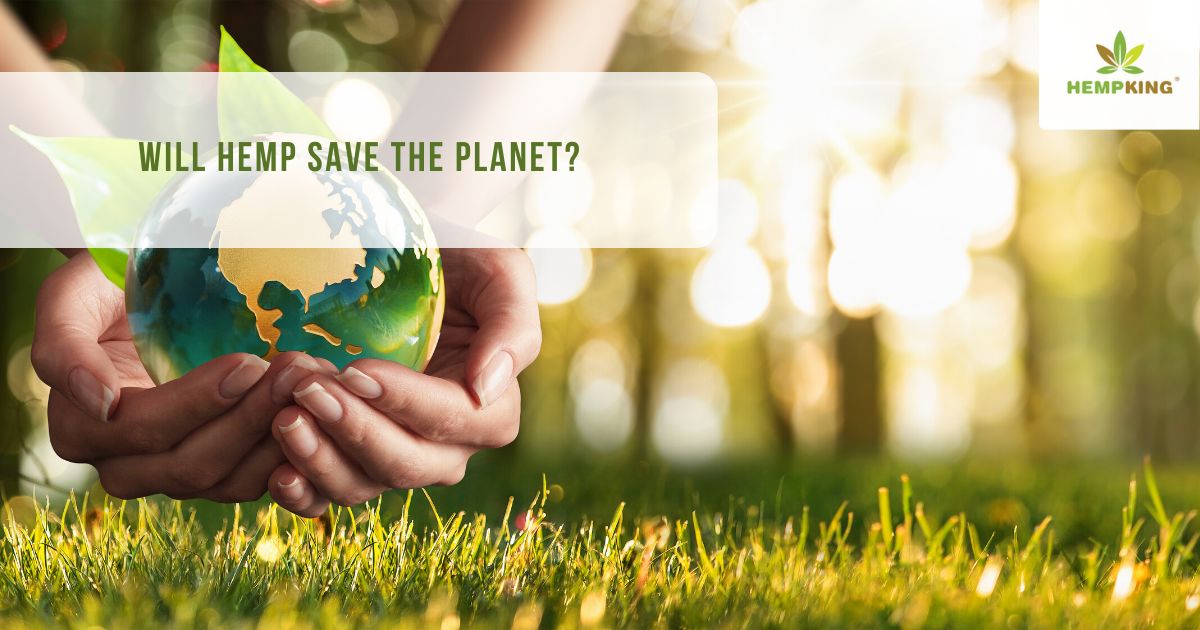


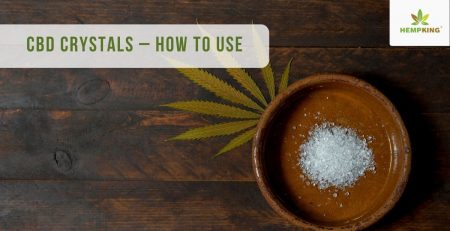


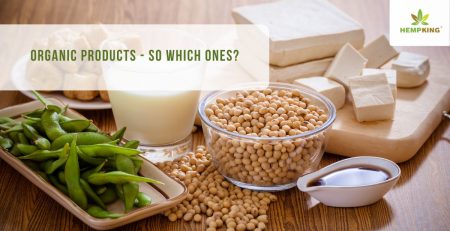
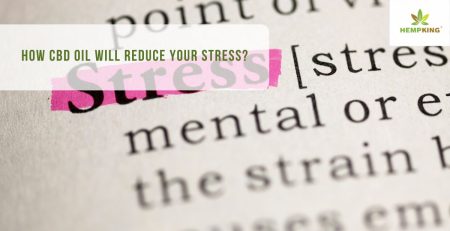

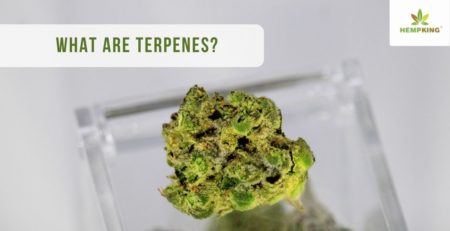
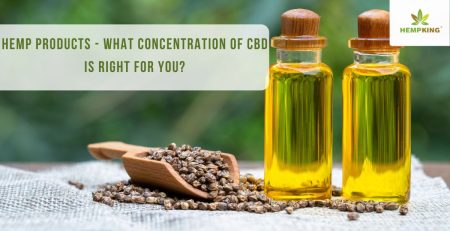
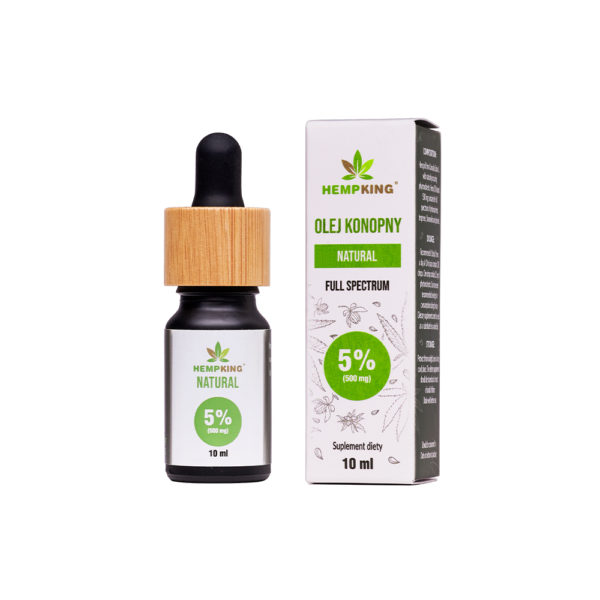
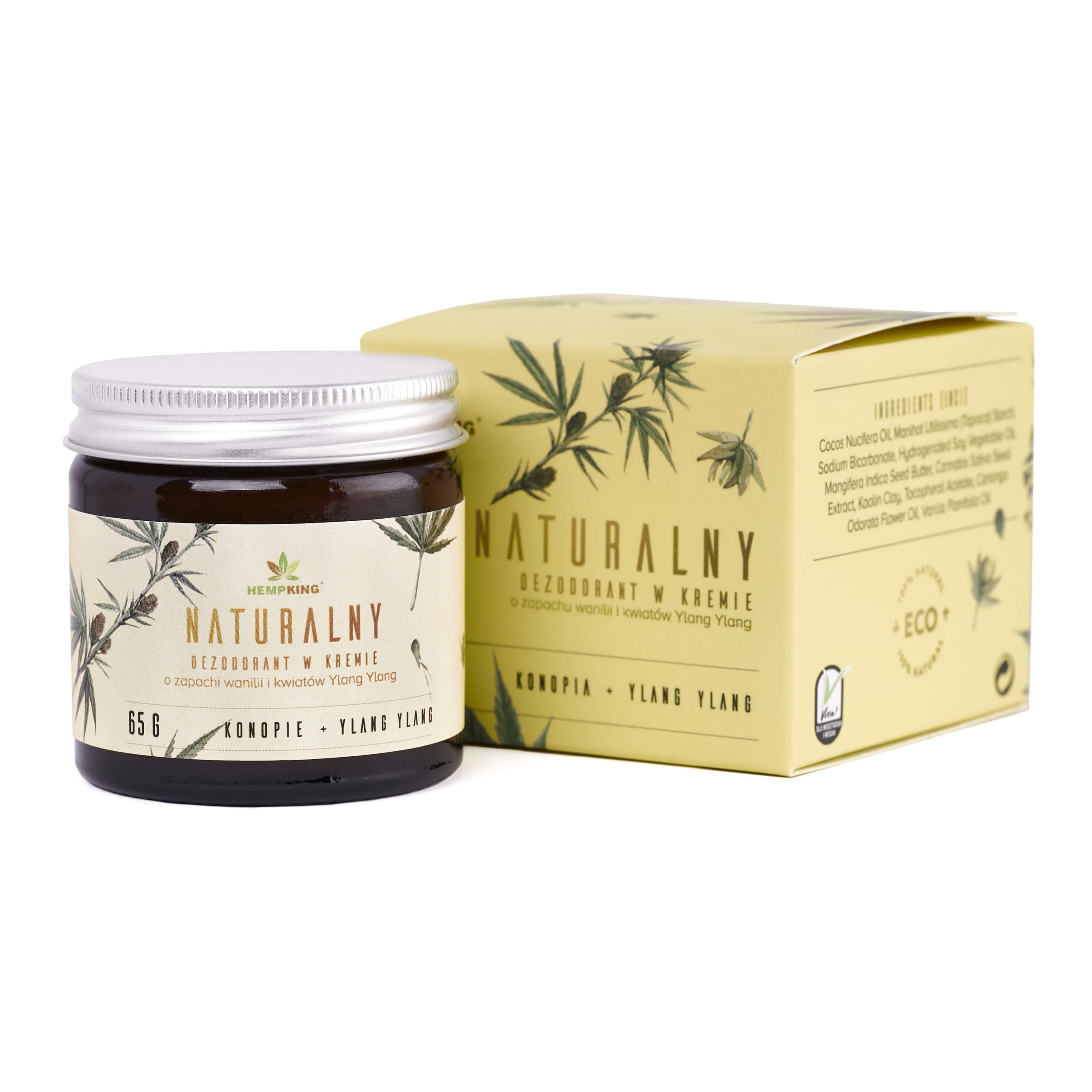
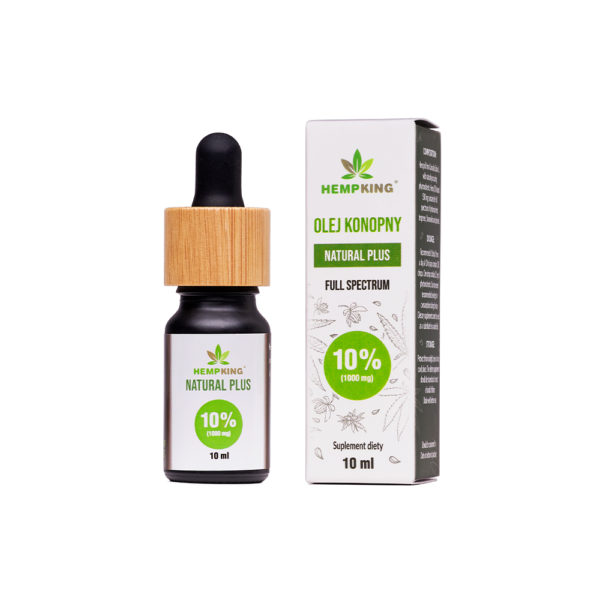
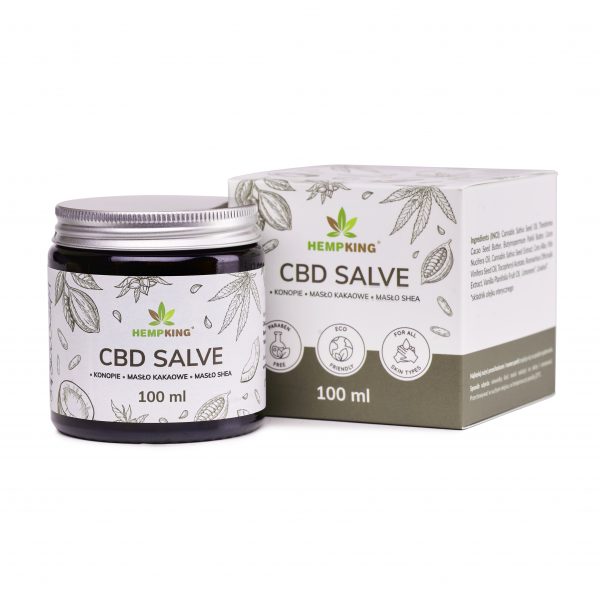
 Facebook
Facebook Instagram
Instagram

Leave a Reply